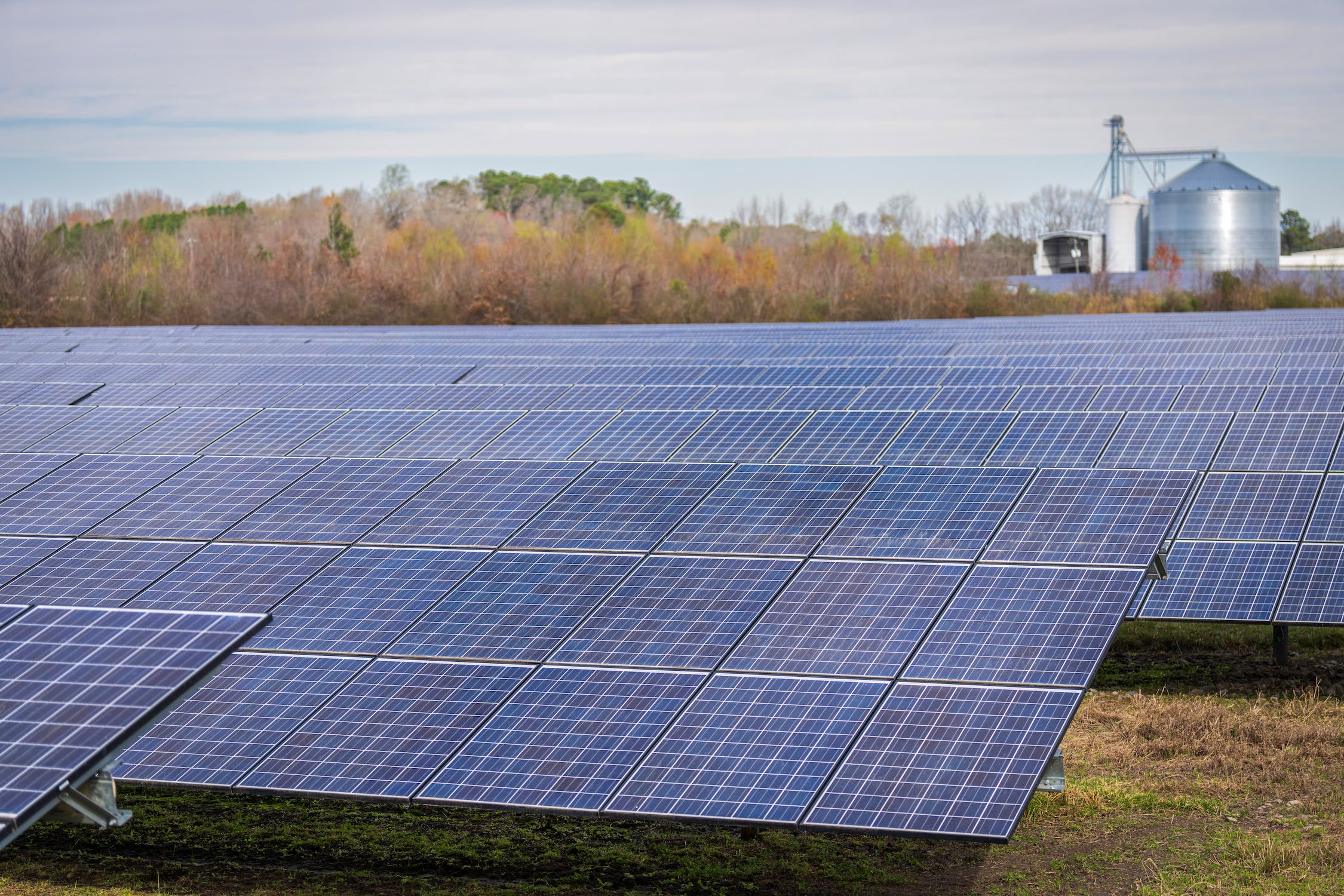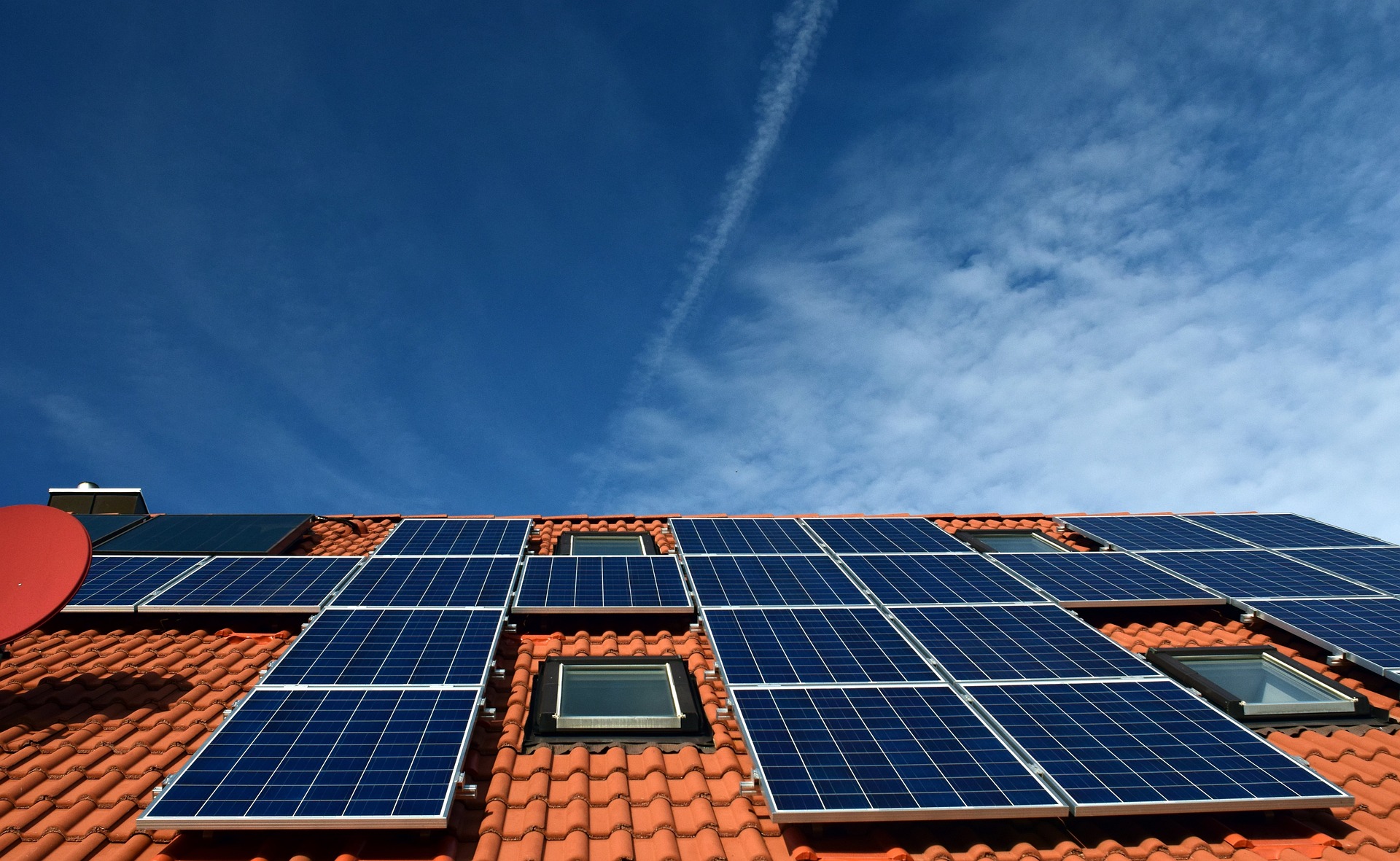
Solar capacity targets for 2030 have already been met in 2024.Continue reading

Minister for Energy Csaba Lantos announced plans to continue the Solar Energy Plus program and launch a tender for individuals falling outside the net balance period, Index reports.
He emphasized the opportunity for energy storage subsidies to enhance efficiency. Additionally, industrial players can now set up energy communities, with potential involvement of local authorities and condominium associations.
Minister Lantos highlighted the significant interest in the Solar Energy Plus program, with over 28,000 pre-registered and 15,000 support applications. Despite challenges,
Hungary boasts 6,100 megawatts of solar power capacity, with further growth expected from industrial-scale projects.
He expressed concerns over the country’s high dependence on foreign energy sources but remained optimistic about achieving energy sovereignty through initiatives like the Paks II nuclear power plant project. Mr. Lantos emphasized the importance of nuclear and renewable energy, highlighting the Paks II project’s progress and its role in meeting over half of Hungary’s electricity needs upon completion.
Regarding geopolitical concerns, the Minister reassuringly stated that the Paks II project is an international endeavor approved by the EU, conducted by a German-American company. He expressed hope that by the time Paks II becomes operational in 2030, geopolitical tensions would have eased.
In summary, Hungary is making strides in renewable energy, aiming for energy sovereignty through initiatives like the Solar Energy Plus program and the Paks II project. As Lantos stated, “the new power plant will serve the Hungarian people for at least 60 years.”
Via Index; Featured Image: Pixabay